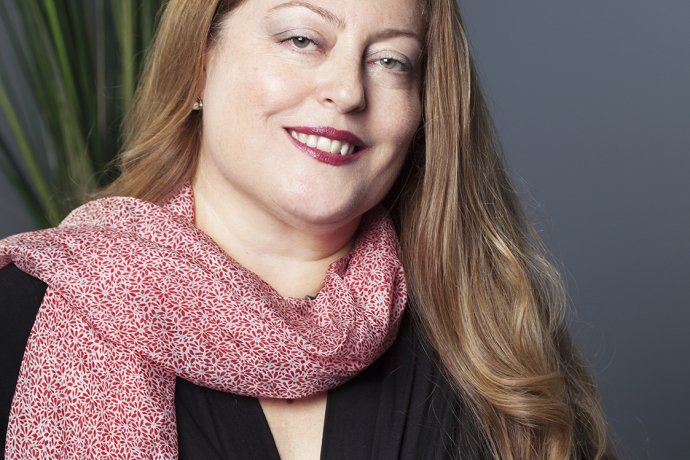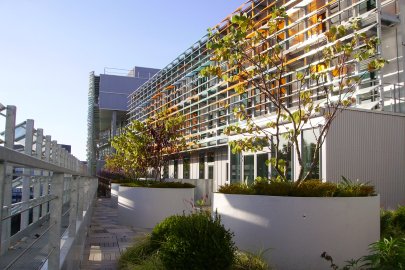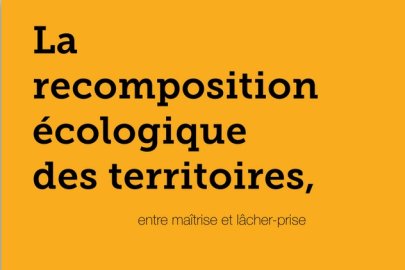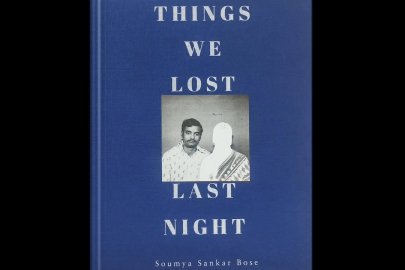Divergent religions: living in a non-standard world
Alfonsina Bellio
The idea of centre and determined centrality, both geometric and philosophical, evokes a Ptolemaic-type cosmos in opposition to the ‘margins’, occupied by all manner of eccentric phenomena: it has now given way to cultural and social landscapes that display vorticity.
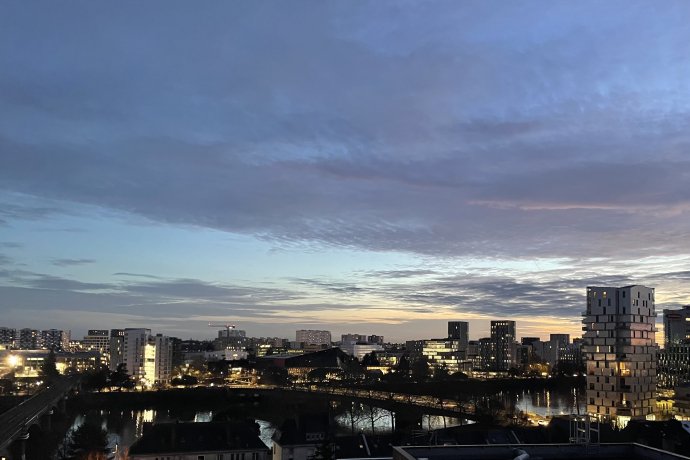
The debates of the last decades of the twentieth century focused on the emergence of forms of religion that contrasted with Christianity or stemmed from practices foreign to the Western world, generically defined as ‘new religious movements’. The complexity of the contemporary reveals a blurred and protean set of forms that are outside the norm rather than ‘new’, and in contrast to the liturgical and standardised forms, which need to be analysed if we are to understand the multiplicity of ways in which today's worlds are inhabited. Understanding our contemporary world requires us to constantly question the intersection between religiosity, spirituality and secularism.
Focusing on the different regimes of authority, as well as on the forms of friction between opposing powers, is of great interest, and goes far beyond the preoccupation with defining ‘new religious movements’. The spiritual forces that swarm beyond and below the forecourts of buildings of worship reveal a centrifugal dynamic, as well as a form of entropy in contemporary systems. On closer inspection, however, the movement is not absolutely centrifugal, or not always, as ethnographic surveys are making increasingly clear. A quest for legitimacy is emerging, with, for example, a growing demand for state recognition of the status of alternative medicine for treatments dispensed by spiritual-type figures, such as healers or mediums known in French-speaking countries as ‘passeurs d'âmes’ (soul porters).
This is all the more important if we compare it with the dynamics specific to official forms of religion. Recent canonisation processes offer a privileged observatory on these themes, by presenting a tendency to highlight and propose an ‘ordinary’ sanctity, i.e. within the reach of every believer. A paradigmatic example is the figure of Carlo Acutis (3 May 1991 - 12 October 2006), known as ‘the saint in trainers’ and ‘the cyber-apostle’, the first blessed of the Millenials generation, whose cult is increasingly widespread throughout the Catholic world.
The emergence of these trends will continue to be questioned in the years to come. On the one hand, we have non-standard religiosities that are retreating from the fundamental centrifugal trend, while on the other hand, the hierarchical and normativised religious is moving closer to the community of the faithful, and getting younger. A swirling, elliptical religious and spiritual landscape is emerging in this wide swirl of oscillation between the soul-crossers and other types of intermediaries with the unseen who are opening their ‘alternative medicine practices’ and the Church, which appears in jeans and trainers, tablet and monstrance in hand. These aspects highlight the importance of seemingly marginal ethnographic facts that show the need for constant study of the complex and open systems of our contemporary societies.
Bibliography
- A. Bellio 2024, Espiritualidades fora da norma e a centralidade das margens na Europa contemporânea, in E. Giumbelli and M. Camurça (eds.) ‘Transformações da laicidade: estado, religião e sociedade em relação’, Brasilia, ABA, pp. 431-454.
- A. Bellio 2021 Un nettoyage planétaire: médiumnités et pandémie, in ‘Tour du monde de la Covid-19’, Institut d'études avancées de Nantes, Éditions Manucius.
- A. Bellio 2021b Medianità e pandemia: lo sguardo dei ‘passeurs’ di anime, ‘EtnoAntropologia’, vol.9, n°1, p. 253-267.
- A. Bellio 2018 Crossing the threshold of light to heal. Passeurs d'âmes en France, in D. Kessler-Bilhauer & R. Evrard (eds.), ‘Sur le divan des guérisseurs... et des autres. À quels soins se déver ?", Paris, Archives contemporaines, p. 111-127.
